Responsible Investments
From vision to action: 360° ESG
EQUITA believes that companies conducting business in an ethical and sustainable manner are more likely to succeed, benefiting both investors (our clients) and society at large. Furthermore, the Asset Manager acknowledges that environmental, social and governance (ESG) factors, alongside traditional financial measures, have a direct impact on returns and investment risks — thus recognizing a strong correlation between ESG considerations and the long-term performance of investments.
With this understanding, EQUITA is committed to integrating ESG criteria throughout the entire investment process, adapting the approach to the specific characteristics of each asset class. Our goal is to generate attractive returns for our investors while also creating long-term value for all stakeholders. EQUITA has implemented a Responsible Investment Policy that guides the integration of ESG factors across all the investment products we manage. We have been following this policy for over three years, and since 2025 we have expanded our ESG approach with the introduction of an Engagement Policy. We firmly believe that meaningful engagement with companies can drive positive change, ultimately creating a competitive advantage and supporting long-term growth.
For more information, please consult our:
Responsible Investment Policy
ESG engagement policy
Sustainability Glossary
Our sustainability pillars
In line with the CSR Strategy pursued at Group level, EQUITA Capital SGR, both in its role as an asset manager and at the investment level, is committed to the following sustainability matters:
Climate Change and Energy Efficiency
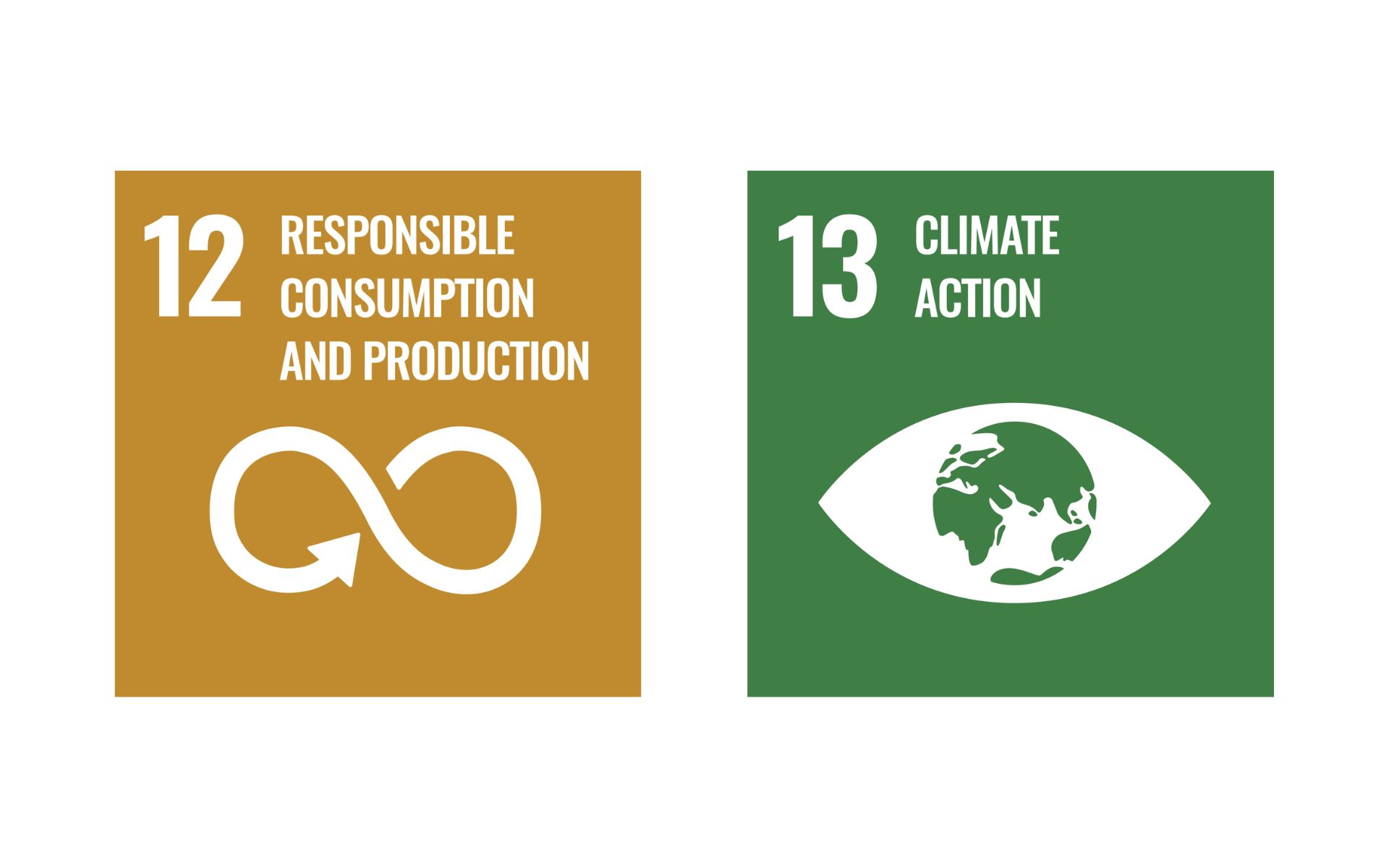
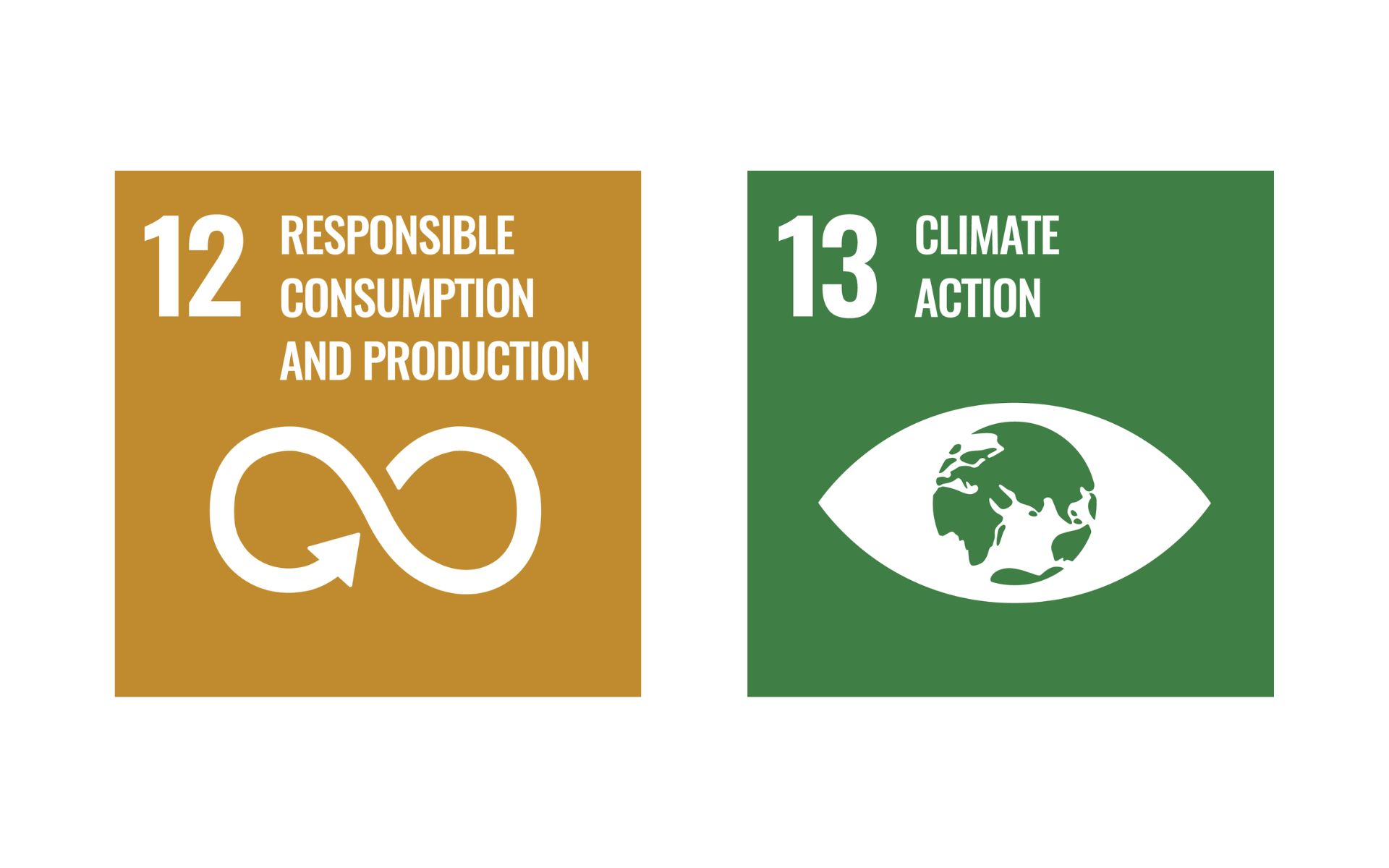
We recognize the importance of identifying and addressing climate and environmental risks. Therefore, we support the setting of Greenhouse Gas (GHG) emissions reduction targets and related decarbonization initiatives — both as an asset manager and at the investment level. While we have not yet adopted a formal, ambitious climate framework as a Group, we are actively working in that direction and believe in starting with incremental steps. Accordingly, we monitor the impact of our asset management activities on an annual basis, reporting on Principal Adverse Impacts. To this end, we request the same level of transparency from our investee companies to the extent possible. We acknowledge the challenges this topic presents and are open to discussion to identify optimal solutions and develop effective plans.
Employee Development and Wellbeing
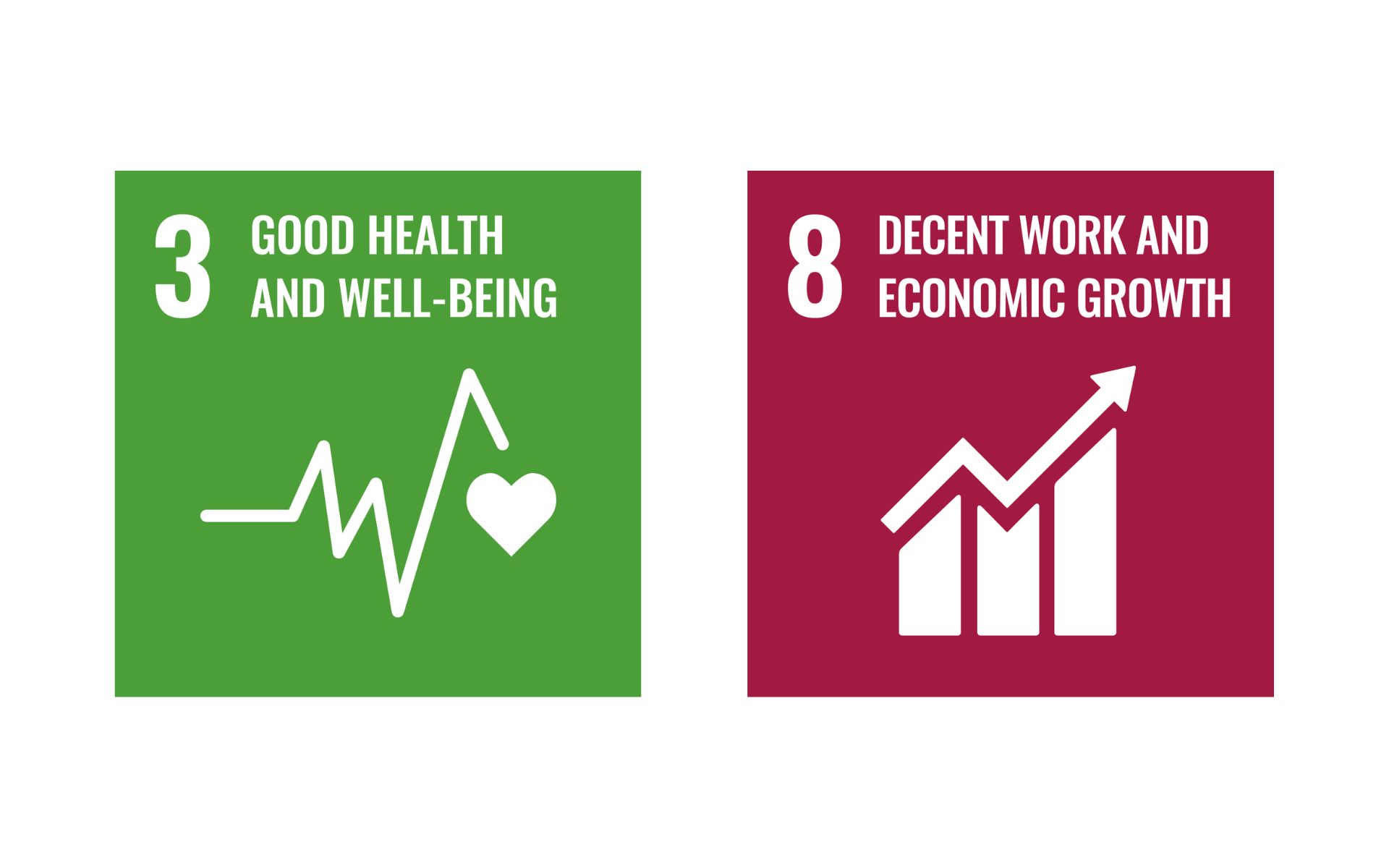
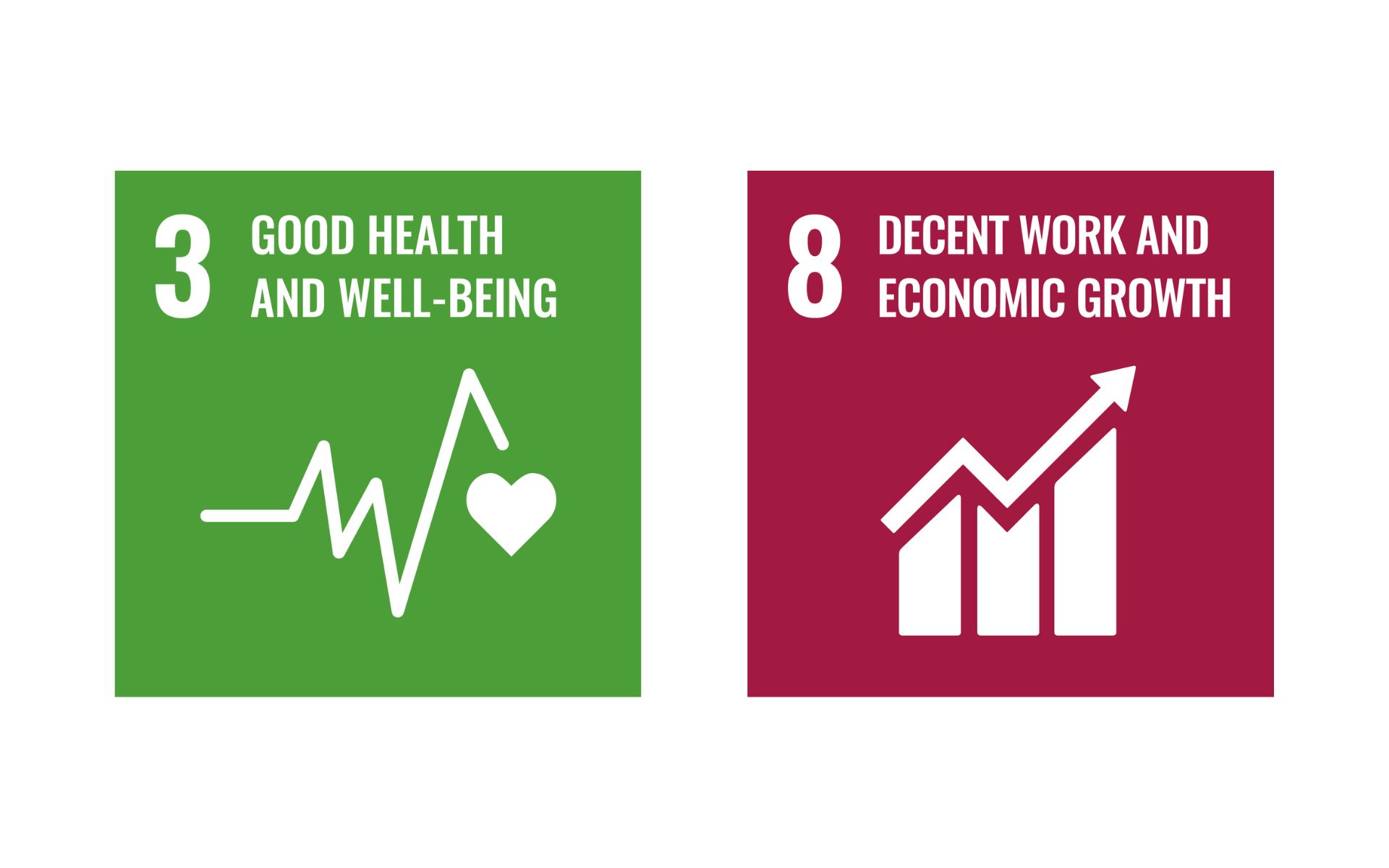
This is a core principle for the Group, and we aim to share this commitment with our partners. Throughout our asset management activities, we assess how social practices are integrated into the investee’s business model and across their supply chain. For example, as part of our ESG Due Diligence process, we examine Health and Safety policies and the overall well-being of employees, including training plans and growth opportunities.
Diversity, Equity & Inclusion
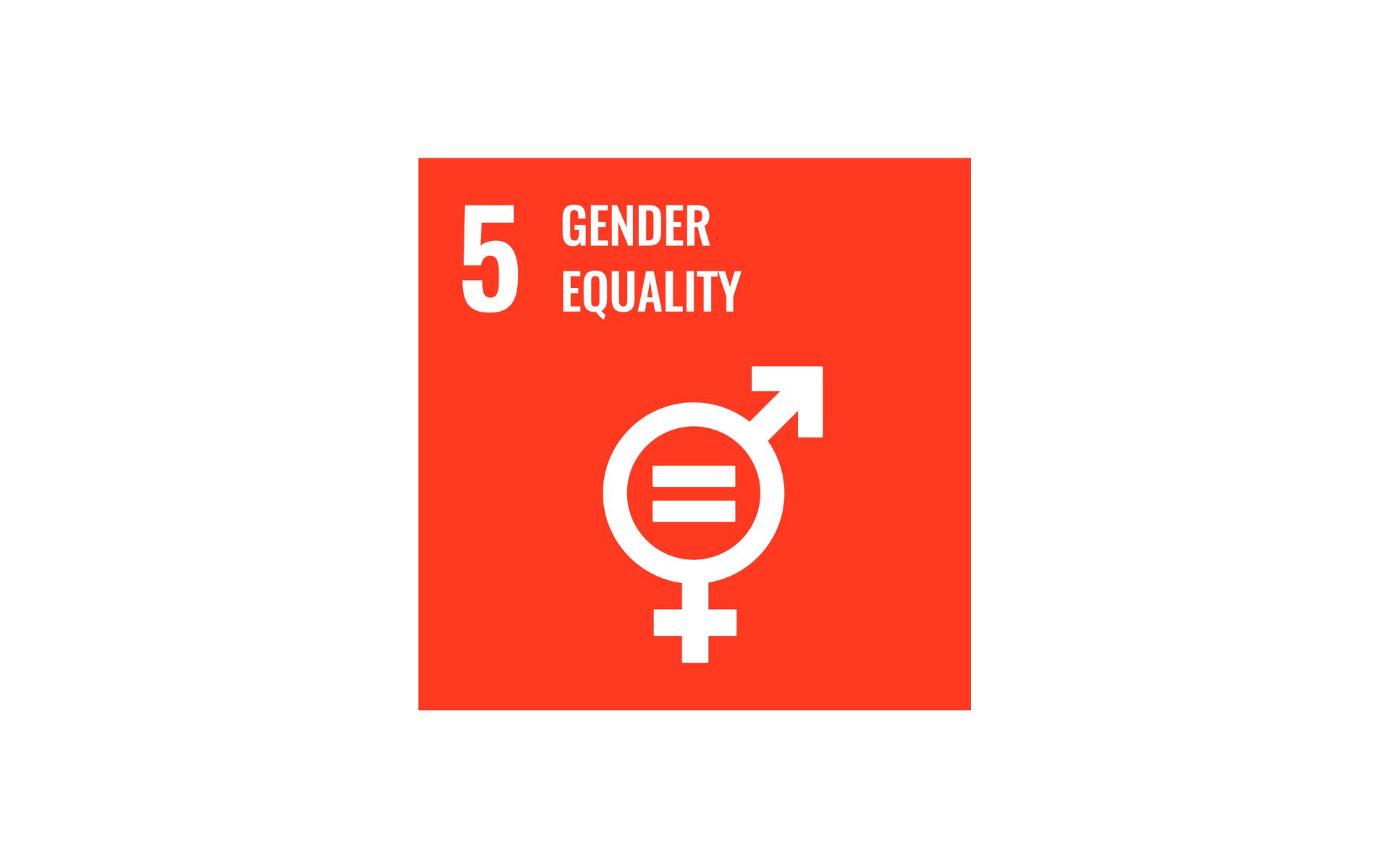
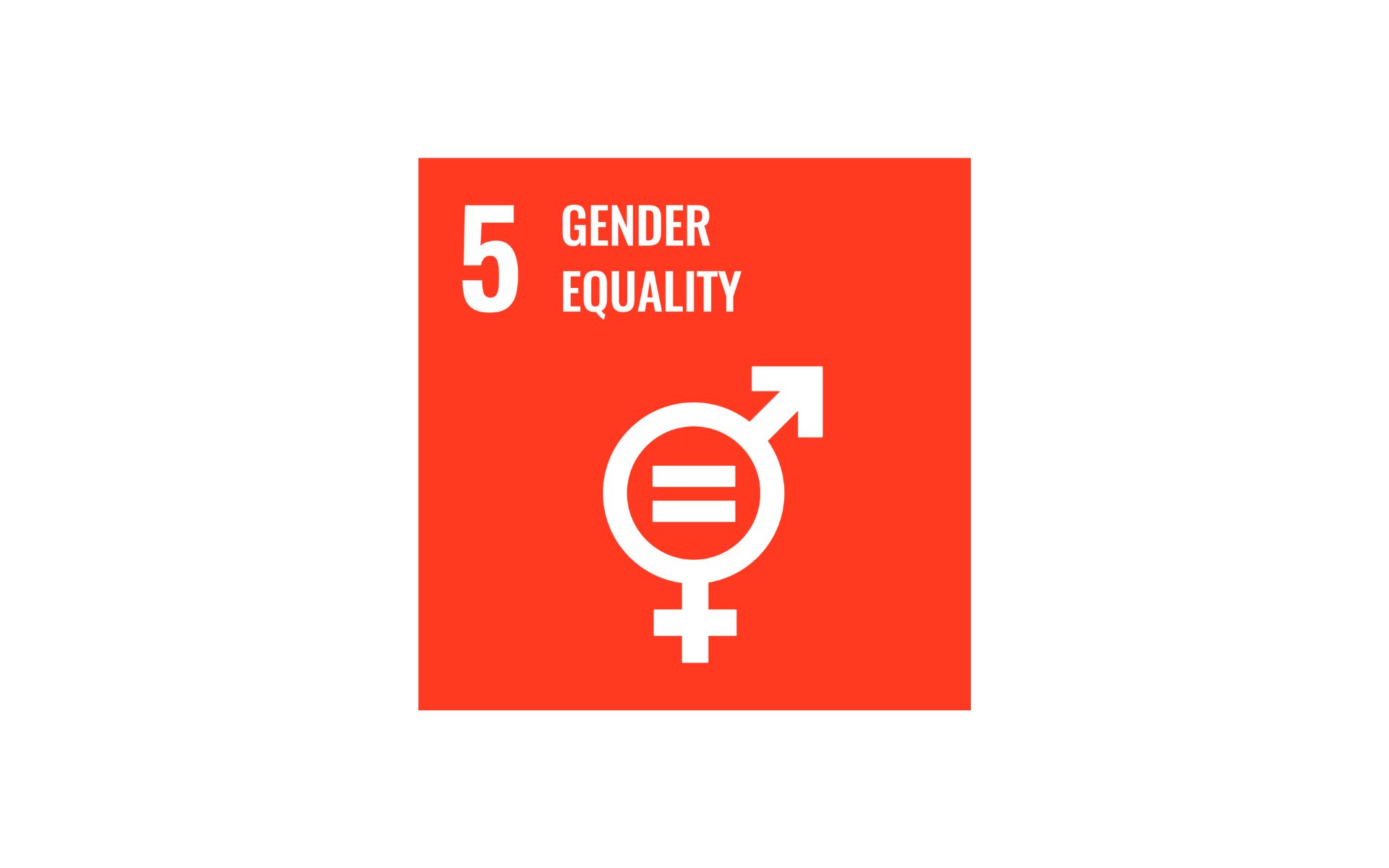
In line with our values and as signatories of the UN PRI, we adhere to the highest social standards. We also align with the operational principles of the UN Global Compact, ensuring continuous respect for Human Rights — both within our investee companies and throughout their supply chains. Engaging with responsible partners is a key priority for us.
Education and Partnership
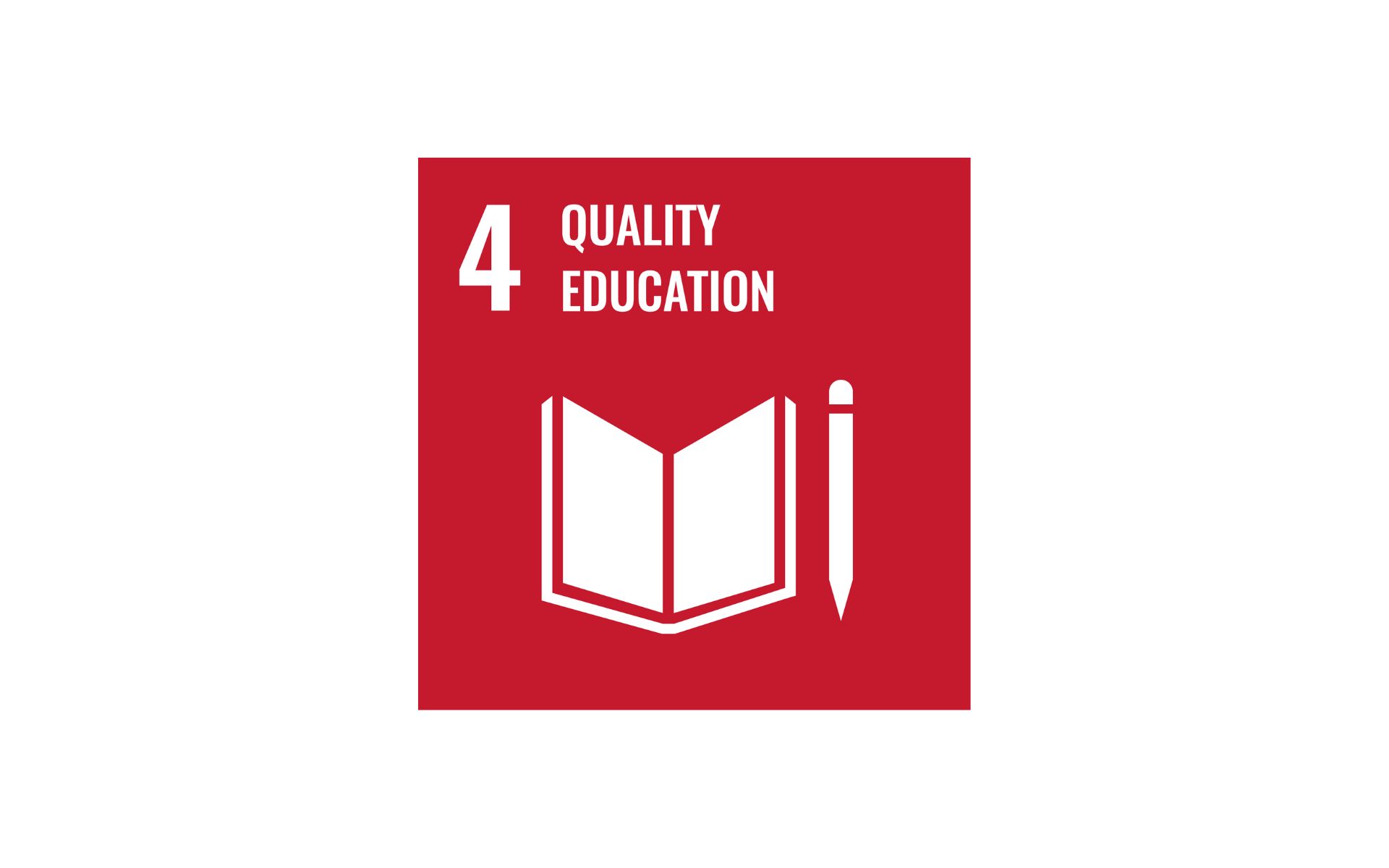
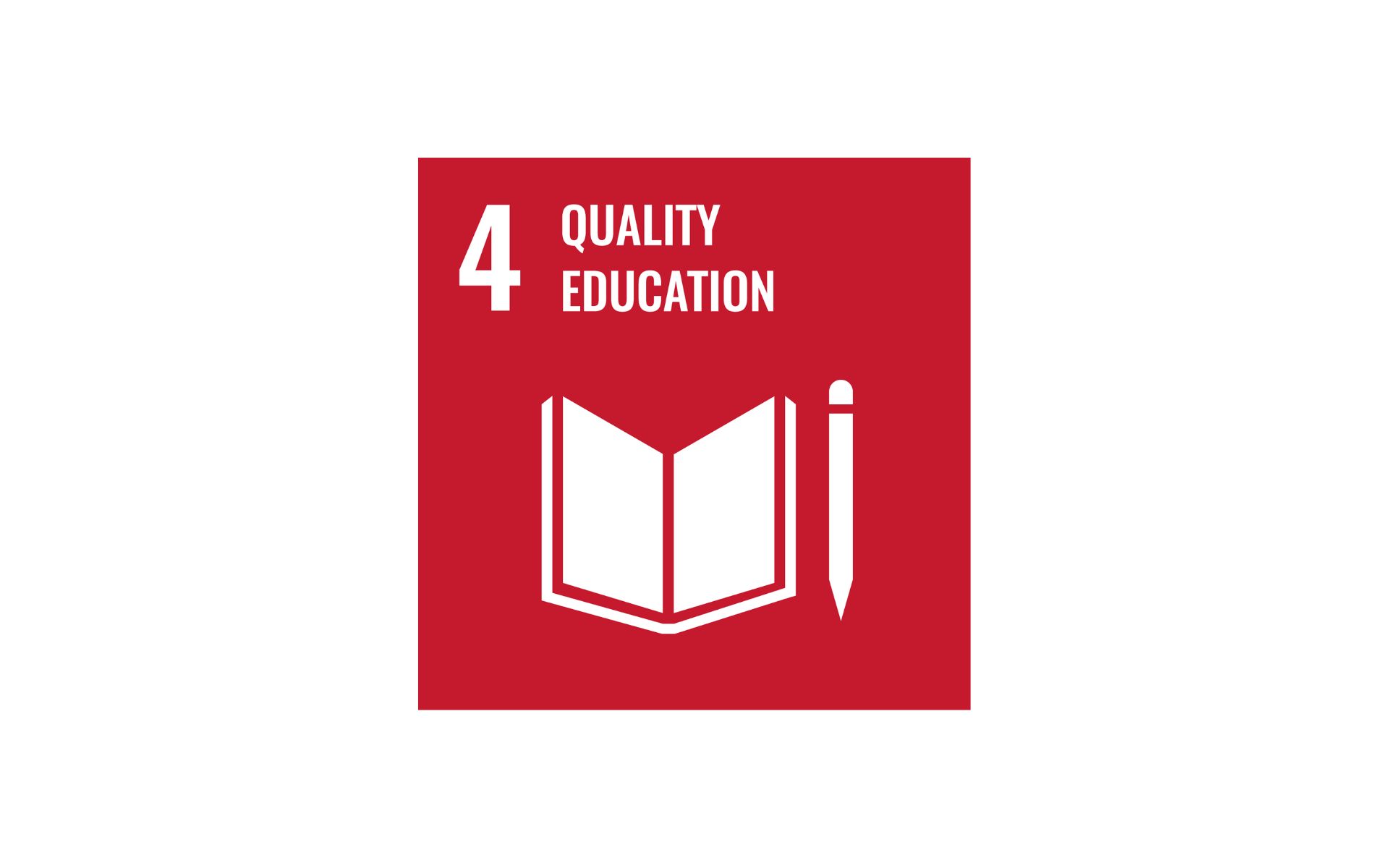
through Fondazione EQUITA, we aim to share knowledge within our community and foster opportunities. While we do not define specific engagement strategies for this objective, we believe in leveraging our skills and technical expertise to foster a positive environment and to promote ESG awareness, as encouraged by the UN PRI.
Climate engagement
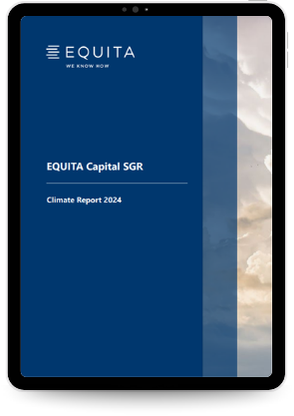
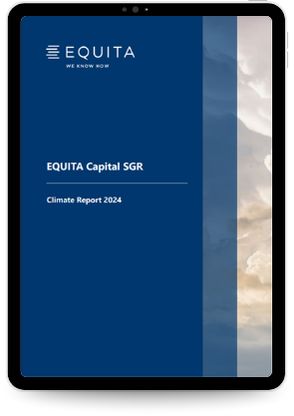
We recognize that climate change is a global issue affecting all aspects of society and posing a significant threat to the ability of future generations to meet their own needs. As a sustainability-focused asset manager and signatory to the UN PRI, we have identified climate change as a sustainability priority, adopting a risk-based approach that takes into account the type, nature, and scale of our investments. We invite you to read our first Climate Report to learn more about our commitments, the actions we are taking to manage climate-related risks, and how we are supporting the transition to a low-carbon economy.
SFDR Disclosure (Regulation on Sustainability Disclosure in the Financial Services Sector)
Declaration pursuant to Article 3 of Regulation (EU) 2019/2088 of 27th November 2019
EQUITA Capital SGR's commitment to sustainability issues is also embodied in the integration of sustainability risks both in the investment decision-making processes of the funds managed by the SGR (both UCITS and AIFs) and in the provision of portfolio management and investment advisory services.
In order to strengthen this commitment, from November 2019, the SGR has become a signatory of the 6 Responsible Investment Principles promoted by the United Nations (UNPRI - United Nations Principles for Responsible Investments), aimed at contributing to develop a more sustainable global financial system by disseminating sustainable and responsible investment and associated best practices among investors.
On the basis of these principles, Equita Capital SGR has drawn up a Responsible Investment Policy in which it has formalized its commitment to make responsible investments as a means of achieving its primary objective of creating value, through the integration of ESG factors in the analysis and in investment decisions.
The drafting of this document is based on the belief that a policy aimed at formalizing the processes of identification, analysis and management of ESG issues, can mitigate risks, especially of a non-financial nature, as well as increase the value of investments in the long term.
In line with the types of products managed, the SGR uses different approaches for integrating sustainability risks into investment decisions and investment advisory services. In particular, the main criteria and methodologies used by the SGR, which flank the traditional analysis of financial valuation of investments, include:
-
Investments in listed markets:
-
Selection of investments through ESG analysis: analysis of issuers on the basis of specific ESG factors, both internally, using publicly available sources on the issuers (e.g. Non-Financial Disclosure), and through external sources (e.g. from specialized info-providers).
-
Integration of ESG factors in portfolio allocation processes: aimed at obtaining an ESG portfolio rating of at least BBB (or equivalent) and minimizing the weight of the instruments of issuers without an ESG rating.
-
Monitoring of the average ESG rating of the portfolio: carried out on a quarterly basis.
-
-
Investments in private markets:
-
ESG screening process: aimed at ensuring, on a specific basis for each type of sector, that the business practices of the target companies are in line with the ethical standards of the SGR. This process consists of 3 types of screening: i) Negative screening, applied on a systematic basis by excluding specific sectors from the investment universe; ii) Norm-based screening, aimed at excluding companies that operate in businesses that do not comply with national and international norms and standards; iii) where permitted, the screening activity is integrated with a positive screening, aimed at actively identifying, through ESG due diligence practices, companies characterized by ESG best practices.
-
Post-investment monitoring on ESG issues: the SGR applies, where possible and through a gradual process, an active monitoring of the sustainability issues of the companies in the portfolio through: i) active dialogue on ESG issues ii) semi-annual ESG reporting questionnaires for portfolio companies.
-
In line with our responsible investment policy, in the case of funds aligned with Article 9 of the SFDR, the SGR incorporates additional ESG criteria in the investment process. These funds also integrate ESG considerations to assess compliance with the Do No Significant Harm principle and the Minimum Social Safeguards principles, as defined by the EU Taxonomy Regulation.
Finally, the supervision of the implementation of the criteria for integrating sustainability risks into investments, formalized in the Responsible Investment Policy of Equita Capital SGR and previously described, is guaranteed by the Chief Executive Officer of the SGR.
Further details are available in the summary of the responsible investment policy and the ESG engagement policy, reported below.
Declaration pursuant to Article 4 of Regulation (EU) 2019/2088 of 27th November 2019
Responsible investment Policy
EQUITA Capital SGR recognizes the importance of considering the adverse impacts of investment decisions and advice on sustainability factors in order to generate a positive impact, in line with the SGR’s ESG principles.
In this context, the SGR, in line with its strategy of integrating sustainability risks into the investment and advisory process, applies specific criteria for the exclusion from its investment universe of issuers presenting a higher ESG risk based on the ESG rating assigned by the main info-providers and, eventually, on business sectors.
In this context, the SGR has adopted specific policies aimed at identifying, prioritizing and managing PAI, consistently with the provisions of the art. 4 of Regulation (EU) 2019/2088 (hereinafter also “SFDR Regulation” or “SFDR”).
Specifically, Equita Capital SGR, based on a risk-based approach that takes into consideration the type of investments made and related potential negative effects, as well as in line with its Responsible Investment Policy, has identified the following sustainability issues as priorities:
- fight against climate change;
- ethical behavior.
With respect to these priorities, the SGR has identified a set of indicators for monitoring the PAIs considered priorities within the scope provided by the Regulator, on the basis of a relevance criterion, which takes into account the type, nature and extent of its investments, of the specific type of financial product it makes available, as well as the availability of the data.
In particular, with reference to the fight against climate change, the SGR may consider, for example, the amount in absolute value of GHG emissions by issuers, or the relative emission intensity compared to Revenue, also on the basis of average sector indicators. Furthermore, the SGR will be able to consider the exposure of its overall portfolio to companies active in the fossil fuel sector.
With reference to social factors, and specifically in relation to ethical behavior, for investments in listed companies, the company will be able to evaluate, for example, the share of the overall portfolio in companies that present violations of the principles of the UN Global Compact and the Guidelines for multinational enterprises of the Organization for Economic Cooperation and Development (OECD) and the possible absence of processes and mechanisms for monitoring compliance with these Principles and Guidelines.
Consistent with the different types of investments that Equita Capital SGR pursues, the SGR has envisaged different methods of obtaining the information necessary for monitoring the indicators.
Specifically, in relation to investments in listed markets, the information will be acquired through the adoption of specialized info-providers and monitored over time on the entire portfolio of investments made or subject to investment consultancy services.
As regards investments in unlisted companies, in light of the need to obtain detailed information that is difficult to find in an organic manner through access to databases of specialized info-providers, the data necessary for the calculation of the indicators will be acquired through the preparation of specific questionnaires submitted to the companies being invested in. This methodology has the advantage of further strengthening the dialogue on ESG issues between the SGR and the companies being invested in, exerting a direct influence on them aimed at increasing the disclosure of this information.
Furthermore, as the availability of ESG data increases, driven by a growing attention and sensitivity of the market to these factors, as well as due to regulatory requests and the consequent pressure exerted by investors and stakeholders, the SGR plans to extend the perimeter subject to monitoring and action in relation to the PAI.
Following the monitoring of the PAI indicators, the process implemented by the SGR provides for the periodic sharing of the relevant results to the ESG Committee, which has the task, among others, of validating and defining, with the help of the Investment Teams, the objectives of reducing the main negative effects on sustainability.
The achievement of these objectives will be pursued as a priority through:
- engagement initiatives with issuers on the priority ESG issues identified: these initiatives, in addition to pursuing the improvement of practices and performance on sustainability factors, will be aimed at guaranteeing improvement in the quality and quantity of disclosures relating to the ESG metrics necessary for PAI monitoring purposes;
- active shareholder initiatives towards equity issuers on the priority ESG issues identified.
The SGR considers these proactive actions to be fundamental both for the purposes of reducing the main negative effects on sustainability factors and for the broader role of facilitator of the sustainable transition that the financial sector will have over the next few years.
Finally, in the case of investments in listed issuers, if the above initiatives are not effective and significant increases in the negative effects on sustainability factors are highlighted, the SGR reserves the right to evaluate the possibility of reductions or divestments, even progressive, in the investments in question.
References to international standards
In the definition and application of the criteria described here on the main negative effects of investment decisions on sustainability factors, the SGR draws inspiration from the main international standards and codes of conduct, including:
- United Nations Principles for Responsible Investment (UN PRI);
- United Nations Global Compact Principles (UN GC);
- United Nations Sustainable Development Goals (UN SDGs);
- Greenhouse gas emissions reduction objectives of the Paris Agreement on Climate Change.
Commitment Policy
The Commitment Policy adopted by Equita Capital SGR can be consulted below:
Responsible investment policy
EQUITA Capital SGR's responsible investment policy can be consulted below (Italian only):
Commitment Policy (Italian only)
2022 Periodical disclosure (Italian only)
2023 Periodical disclosure (Italian only)
2024 Periodical disclosure (Italian only)
Declaration pursuant to Article 5 of Regulation (EU) 2019/2088 of 27th November 2019
For the purposes of the obligations referred to in Article 5 of Regulation (EU) 2019/2088 of 27th November 2019, please refer to the most recently published Report on Remuneration and Compensatio in the "Corporate Governance - Corporate Documents - Reports" area of the Equita.eu website.
